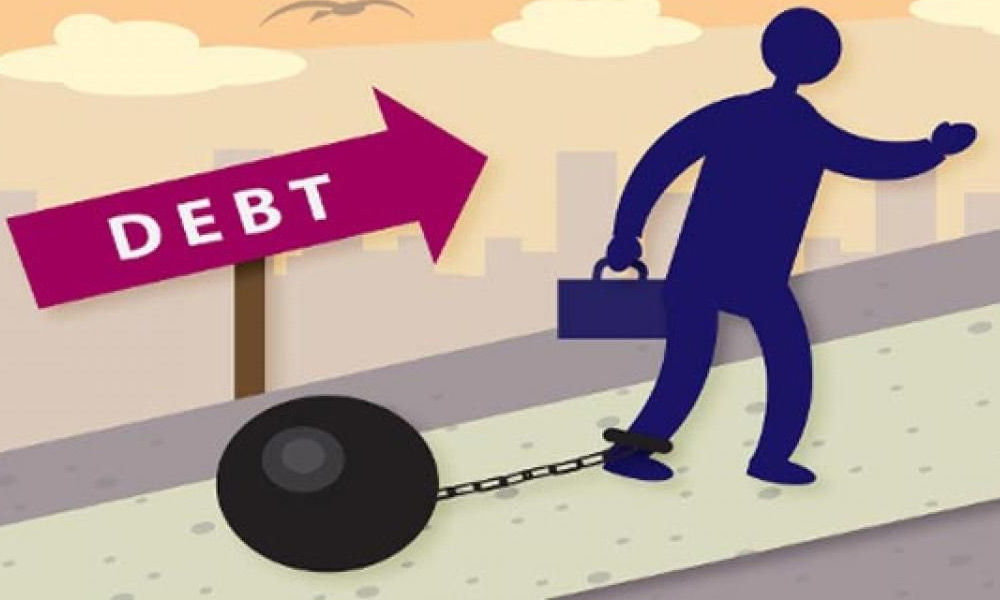Medical emergencies can happen to anyone at any time. They can be stressful, frightening, and expensive. According to a study by the Kaiser Family Foundation, one in four Americans have trouble paying their medical bills. Medical debt can be overwhelming and can negatively impact your credit score. However, there are steps you can take to manage and even reduce your medical debt.
1. Negotiate with Your Healthcare Provider
If you receive a medical bill that you cannot afford to pay, don’t hesitate to negotiate with your healthcare provider. Most hospitals and clinics have financial assistance programs or payment plans to help patients who are struggling to pay their bills. You can also ask if they have any discounts or reduced rates for uninsured or underinsured patients.
2. Review Your Medical Bills Carefully

It’s essential to review your medical bills carefully as they can often contain errors. Look for duplicate charges, incorrect billing codes, and services or procedures that you did not receive. If you find any errors, contact your healthcare provider or insurance company to have them corrected.
3. Consider Medical Debt Consolidation
If you have multiple medical bills from different providers, consolidating them into one monthly payment can make it easier to manage your debt. Medical debt consolidation involves taking out a loan to pay off your medical bills, leaving you with one monthly payment. This can also help to reduce the interest rates and fees associated with your medical debt.
4. Seek Help from Non-Profit Organizations
There are several non-profit organizations that can help you manage your medical debt. For example, the Patient Advocate Foundation provides assistance to patients with chronic, life-threatening, or debilitating illnesses. They can help you negotiate with your healthcare provider or insurance company and provide financial assistance for medical bills.
5. Take Steps to Prevent Future Medical Debt
Prevention is always better than cure. To avoid unexpected medical bills, it’s essential to take care of your health and have adequate medical insurance coverage. Make sure to schedule regular check-ups with your doctor, exercise regularly, and eat a healthy diet. You can also consider setting up an emergency fund to cover any unexpected medical expenses.
Medical debt can be a significant financial burden, but there are ways to manage and reduce it. By negotiating with your healthcare provider, reviewing your medical bills carefully, considering medical debt consolidation, seeking help from non-profit organizations, and taking steps to prevent future medical debt, you can take control of your finances and protect your credit score.


